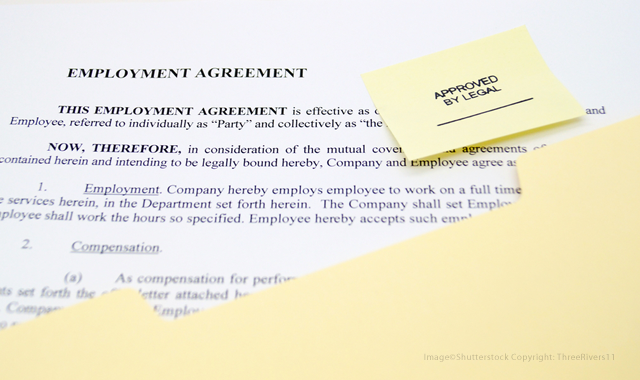- Best Practices New Normal
- Digital Dentistry
- Data Security
- Implants
- Catapult Education
- COVID-19
- Digital Imaging
- Laser Dentistry
- Restorative Dentistry
- Cosmetic Dentistry
- Periodontics
- Oral Care
- Evaluating Dental Materials
- Cement and Adhesives
- Equipment & Supplies
- Ergonomics
- Products
- Dentures
- Infection Control
- Orthodontics
- Technology
- Techniques
- Materials
- Emerging Research
- Pediatric Dentistry
- Endodontics
- Oral-Systemic Health
Dental practice transitions including employment agreements
Dental practice transitions many times include a seller who wants to discontinue working as a dentist and a buyer who feels that he or she can dramatically improve the bottom line of the retiring dentist.

Dental practice transitions many times include a seller who wants to discontinue working as a dentist and a buyer who feels that he or she can dramatically improve the bottom line of the retiring dentist.
The approach to increasing the gross revenue and net income of the dental practice in the transition includes quite a few factors. Among these are working additional hours, aggressively marketing the practice, making more consumers aware of its attributes and the buyer’s energy level. Some areas include the age of the acquiring dentist, work habits and specialized types of procedures offered compared to the selling dentist’s model of his or her enterprise. Overhead components like salaries and numbers of staff members needed to facilitate a successful transition are additional factors that the acquiring dentist considers when deciding if the practice in question has potential.
Another reason for employment agreements may be a sophisticated arrangement where a low transition price is a tax strategy agreed upon by advisers for the buyer and seller combined with production quotas or earn out provisions. What occurs when the selling dentist needs employment after the transition because its price was not high enough? How do compensation arrangements affect the strategy of the buyer and seller nearing the final negotiations and arranging a closing date?
Is employment needed by the seller because of a low sale price?
If employment is needed and the sale can not occur without it, the buyer may not close. Reasons may be the buyer’s belief in profitability lying with practice strategies being his or her own. The idea that more cash flow is available without the existing dentist may cause the cancellation of the transaction. The new concepts to be put in place by the buyer may be overwhelming to the seller. The confusion with the dentist who is selling and maintaining a role at the practice may create havoc with staff and patients who may want to remain with the previous owner for clinical services slowing the transfer of these people to the new owner. Employees may not know who is in charge and who to approach for answers to clinical questions as well as queries for other areas of concern.
Trending article: Relying on outdated dental practice valuations
The positive points to consider regarding employment of the selling dentist
When a buyer sees an attractive dental practice for acquisition and the upside is a good long term investment with excellent income opportunities, compensating the seller may be a minor obstacle to the completion of the transaction. The acquiring dentist may see the transitioning dentist as a good short term solution to a smooth transaction by continuing his or her employment and not upsetting a winning combination. A contract for a short term may allow the buyer to expand the practice since a dentist is already in place.
Concentrating on marketing, administrative matters and the smooth uninterrupted flow of patients and cash management can create a solid practice right now, even though the total projected upside is postponed until the transitioning dentist leaves the employment. Something to consider is that if the practice has the potential for the long term, the current employment of the selling dentist should keep things in place and give the buyer time to consolidate his or her approach to all of the phases of the management of the practice. Without the employment there would be no acquisition. The employment agreement allows the transition to occur. This is especially a good opportunity for a younger less experienced dentist where the clinical wisdom learned from the seller on the premises and immediately available will help everyone.
More from the author: Transitioning a dental practice after death
Analyzing the pros and cons of employing the selling dentist
How badly does the buyer want to acquire the practice? Based on advice given to the buyer about the practice’s potential, is an employment agreement an acceptable approach to be able to acquire the practice? Is there enough cash flow to acquire the practice and employ the selling dentist and if so, for how long?
With whom does the buyer consult?
The retention of the selling dentist for more than a few weeks or months is unusual but not an insurmountable situation. The advice of a dental CPA is important to the buyer and the seller of the practice. It is incumbent to get that consultation. Not buying may be a big mistake. Finding a successful practice currently available for transitioning is not an easy thing to do. The dental CPA knows how to approach this. Use that knowledge to see if the purchase makes sense.
